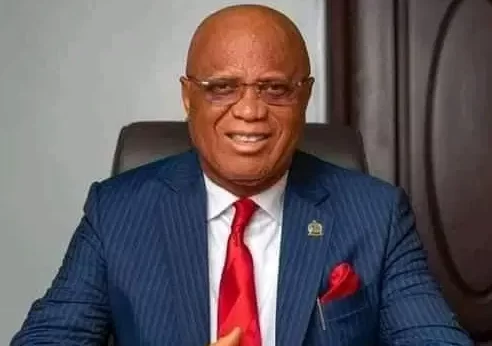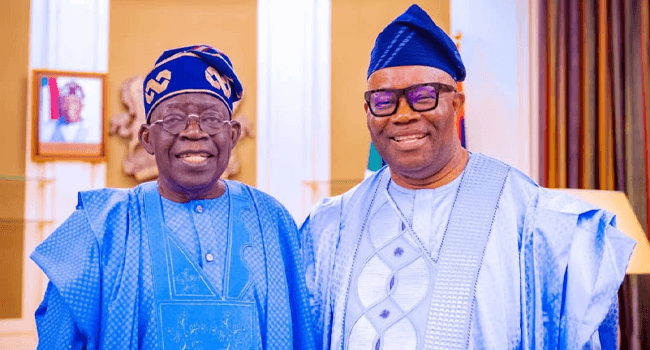Gbajabiamila urges reform in varsity curriculum, conduct to tackle funding gaps

Chief of Staff to President Bola Tinubu, Femi Gbajabiamila, has called for urgent reforms in Nigeria’s university system to address persistent funding challenges affecting their operations.
Speaking on Tuesday at the maiden annual lecture of Osun State University titled, “Interrogating Funding of Education: Global versus Nigerian Perspectives”, Gbajabiamila emphasized the need to revamp university curricula, modernize teaching methods, improve access to technology, and provide decent accommodation for students.
He also stressed the importance of ethical governance within institutions, calling for zero tolerance for misconduct such as plagiarism, cultism, and sexual harassment.
Highlighting the current state of higher education, Gbajabiamila revealed that the Federal Government runs 64 universities while state governments operate 63, numbers he said are inadequate for Nigeria’s rapidly growing population.
While noting that education is a right, he clarified that it is not free. He disclosed that the Federal Government allocated N2.18 trillion to education in 2024, the second-highest budgetary allocation after national security.
However, he lamented that Nigerian universities still lag behind their African and global counterparts in terms of standards and resources.
Comparing Nigeria’s funding model to those of other countries, Gbajabiamila noted that in-state students in the UK and US pay about £9,535 and $8,914 annually, respectively, while international students pay £38,000 and $19,081, underscoring the cost burden and funding expectations in global education systems.
He said, “The financial contributions of international students are a significant revenue stream for universities worldwide, helping to subsidise university education for the citizens of those countries. Policymakers and university administrators in Europe, Asia, the Americas, and even Africa have long implemented policies and strategies to boost the enrollment of international students.”
He added that Africa countries like Rwanda, Kenya and South Africa have efforts to boost funding of public universities by attracting International students.
“Public universities in Nigeria can and should also look to increase their international profiles
to become attractive destinations for international students willing and able to pay fees that might otherwise be practically and politically inexpedient for native students.
“Like the embassies of other nations in Nigeria, our embassies around the world can become very effective avenues for reaching out to a global market of students.”
He added that academia must collaborate with private sector to create a robust ecosystem for innovation, research commercialisation and economic growth thereby boost job creation.













